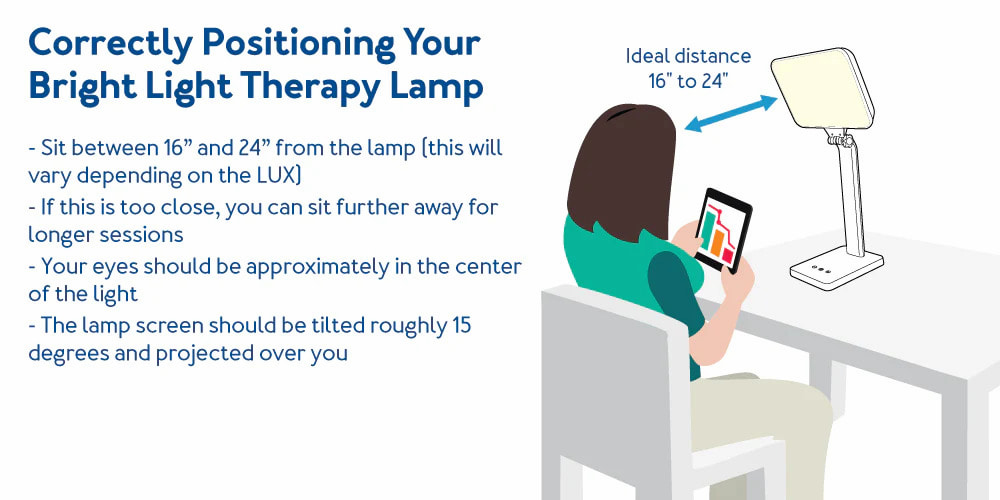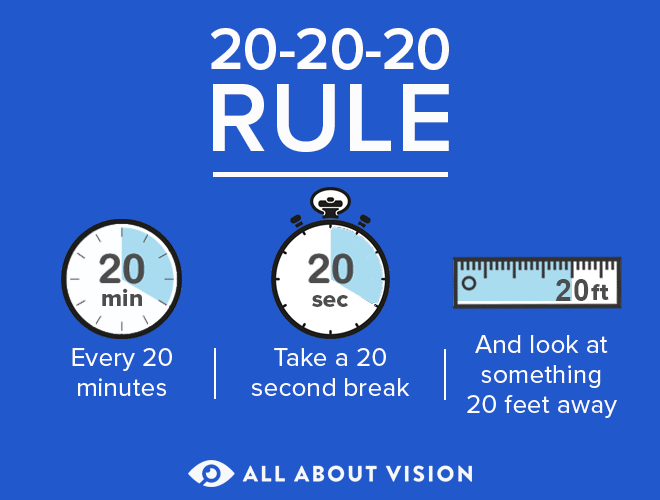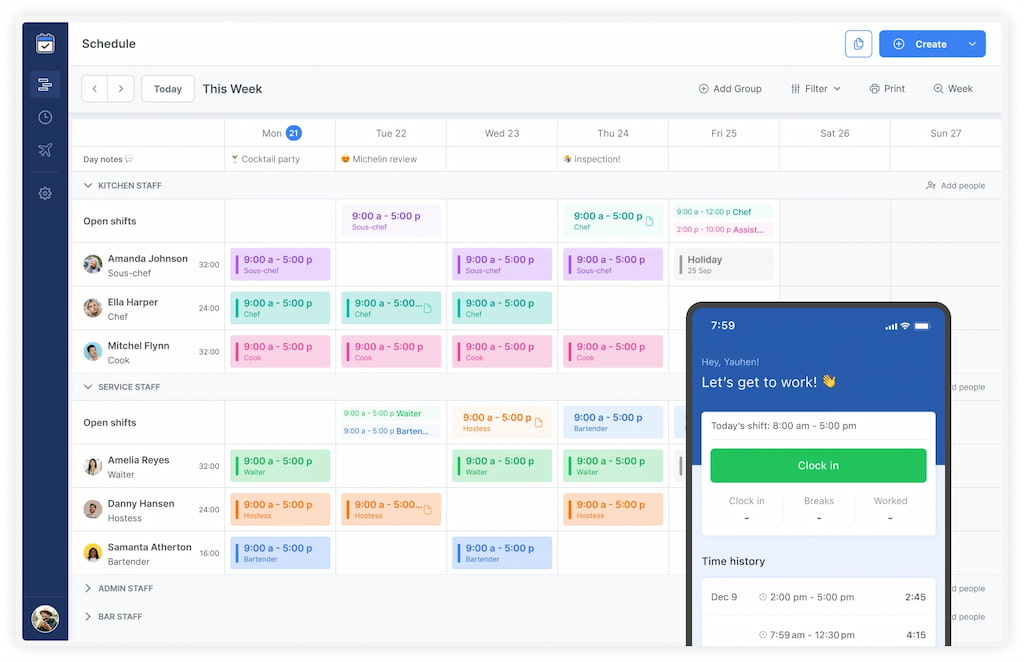Working the night shift can be challenging, but with the right strategies—and the support of free employee shift scheduling apps—it’s possible to maintain a healthy and balanced lifestyle. Night shift work often disrupts the body’s natural circadian rhythm, leading to issues such as fatigue, sleep disturbances, and decreased overall well-being. However, by implementing practical tips and making mindful choices, night shift workers can enhance their health, stay energized, and perform at their best. In this article, we’ll explore how to work night shift and stay healthy and effective ways to adapt to night shift work, prioritize your health, and thrive in a schedule that many find difficult. It doesn’t matter if you’re new to the night shift work or a seasoned veteran, these insights will help you navigate the unique demands of working through the night.
Risks and Disadvantages of Night Shift
Working the night shift comes with several risks and disadvantages that can impact both physical and mental health. Understanding these challenges is crucial for developing a daily routine for night shift workers to mitigate their effects.
1. Disruption of Circadian rhythm
The human body is naturally programmed to be awake during the day and asleep at night. Night shift work disrupts this circadian rhythm, leading to difficulties in falling asleep, staying asleep, and obtaining restful sleep. Over time, this can cause chronic sleep deprivation, which has been linked to various health issues. To mitigate these challenges, effective scheduling is crucial.
2. Increased risk of health problems
Prolonged night shift work has been associated with an increased risk of several serious health conditions, including:
- Cardiovascular diseases: Studies have shown a higher prevalence of heart disease and hypertension among night shift workers.
- Metabolic disorders: Night shift work is linked to a higher risk of obesity, diabetes, and metabolic syndrome due to irregular eating patterns and disrupted metabolism.
- Gastrointestinal issues: Irregular meal times and poor eating habits can lead to digestive problems, such as ulcers and acid reflux.
3. Mental health challenges
Night shift work can take a toll on mental health, leading to conditions such as:
- Depression and anxiety: The disruption of normal social interactions and isolation from family and friends can contribute to feelings of loneliness and depression.
- Stress: The demands of night shift work, coupled with inadequate sleep, can increase stress levels and reduce overall well-being.

4. Safety and performance concerns
Fatigue and sleep deprivation associated with night shift work can impair cognitive function and motor skills, leading to:
- Decreased alertness: Reduced vigilance and slower reaction times increase the risk of accidents and errors, both in the workplace and while commuting.
- Lower productivity: Fatigue can negatively affect job performance, concentration, and decision-making abilities.
5. Social and family life impact
Night shift work can strain relationships and disrupt family life due to:
- Limited time with loved ones: Incompatible schedules can lead to less time spent with family and friends, causing strain and feelings of disconnect.
- Missed social activities: Working nights often means missing out on social events, contributing to feelings of isolation.
6. Challenges with routine maintenance
Maintaining a consistent routine becomes challenging with night shift work, affecting:
- Exercise and fitness: Finding time and energy to exercise can be difficult, leading to a sedentary lifestyle.
- Healthy eating: Irregular meal times and limited healthy food options during night hours can result in poor dietary habits.
By acknowledging these risks and disadvantages, night shift workers can take proactive steps on how to work at night and address these challenges and maintain a healthier, more balanced lifestyle.
How to Work Night Shift and Stay Healthy: Best 21 Tips
Working the night shift can be challenging, but with the right strategies, you can maintain your health and well-being. Here are 21 tips on how to prep for a night shift:
1. Prioritize sleep
Ensure you get at least 7-8 hours of sleep during the day. Use blackout curtains to create a dark, sleep-friendly environment and maintain a consistent sleep schedule. This helps your body adapt to a new routine, making it easier to fall and stay asleep.
2. Create a sleep sanctuary
Keep your bedroom cool, quiet, and dark. Use earplugs, eye masks, and white noise machines to block out disturbances. A comfortable mattress and pillows can also improve sleep quality, ensuring you wake up refreshed.

3. Use a sleep aid if necessary
Consider natural sleep aids like melatonin or consult with a healthcare professional for other options to help you fall asleep. It’s important to use these aids responsibly and only when necessary to avoid dependency.
4. Stay hydrated
Drink plenty of water throughout your shift to stay hydrated and alert. Avoid excessive caffeine, which can lead to dehydration and disrupt sleep. Opt for water, herbal teas, or electrolyte-rich drinks to keep your body hydrated.

5. Eat nutritious meals
Plan and prepare balanced meals with plenty of fruits, vegetables, lean proteins, and whole grains. Avoid heavy, greasy foods that can cause digestive discomfort. Eating small, frequent meals can help maintain energy levels without causing bloating or fatigue.
6. Snack smartly
Choose healthy snacks such as nuts, yogurt, fruit, and vegetables to maintain energy levels without causing a sugar crash. Avoid sugary snacks that can lead to energy spikes and crashes, making you feel more tired.

7. Exercise regularly
Incorporate physical activity into your routine to boost energy and improve sleep quality. Aim for at least 30 minutes of exercise most days of the week. Exercise can help reduce stress and anxiety, making it easier to unwind and sleep after a night shift.
8. Manage stress
Practice stress-reducing techniques such as deep breathing, meditation, or yoga to help manage the demands of night shift work. Regular relaxation practices can improve your overall well-being and help you cope with the unique challenges of night shift work.

9. Take breaks
Take short, regular breaks during your shift to stretch, walk around, and give your mind a rest. This can help prevent burnout and keep you alert and focused throughout your shift.
10. Stay connected
Maintain regular communication with family and friends to combat feelings of isolation and stay socially connected. Scheduling time for social activities can help you feel more balanced and supported.
11. Limit caffeine intake
Consume caffeine in moderation and avoid it 4-6 hours before your planned sleep time to prevent interference with your sleep cycle. Consider drinking green tea or herbal teas, which have lower caffeine content.
12. Use bright light therapy
Expose yourself to bright light during your shift to help regulate your circadian rhythm and improve alertness. Special light therapy lamps can mimic daylight and help keep your body’s internal clock in check.

13. Avoid alcohol
Limit alcohol consumption, especially before sleep, as it can disrupt your sleep cycle and reduce sleep quality. Alcohol might help you fall asleep initially but can lead to fragmented and less restorative sleep.
14. Develop a routine
Stick to a consistent routine for sleep, meals, and activities to help your body adapt to the night shift schedule. Consistency is key to training your body to function optimally during night hours.
15. Communicate with your employer
Discuss your schedule and any concerns with your employer. They may be able to provide accommodations or adjustments to support your health. Open communication can lead to a more supportive work environment.
16. Protect your eyes
Reduce eye strain from screens by using blue light filters and taking regular breaks from digital devices. Eye strain can lead to headaches and fatigue, so it’s important to protect your vision.

17. Stay safe
Be extra cautious during your commute home. Fatigue can impair your driving ability, so consider carpooling or using public transportation if possible. If you feel too tired to drive, it’s safer to rest before heading home.
18. Use a sleep diary
Track your sleep patterns, quality, and any disruptions to identify areas for improvement and ensure you’re getting adequate rest. A sleep diary can help you make informed adjustments to your routine.
19. Educate your family and friends
Inform your loved ones about your schedule and the importance of not disturbing you during your sleep hours. Clear communication can help avoid misunderstandings and ensure you get the rest you need.
20. Practice good sleep hygiene
Establish a pre-sleep routine to signal to your body that it’s time to wind down. This can include activities like reading, taking a warm bath, or listening to calming music. Consistent pre-sleep rituals can make it easier to fall asleep.
21. Listen to your body
Pay attention to your body’s signals and adjust your habits as needed to maintain your health and well-being. If you experience persistent issues, seek advice from a healthcare professional. Your body will let you know when something isn’t working, so be mindful and proactive in addressing any concerns.
Using Shifts by Everhour for night shifts
- Schedule management: Organize your night shift schedule clearly to plan rest and activities.
- Break reminders: Set reminders for regular breaks to stay alert and reduce fatigue.
- Customizable reports: Generate reports to monitor work patterns and make informed adjustments.
- Team coordination: Coordinate seamlessly with your team by seeing who else is working during your shift.

Incorporating Shifts by Everhour into your night shift routine can enhance your work management, ensuring a healthier and more productive experience.
If you’re looking for a seamless way to improve shift planning, Shifts by Everhour is the perfect solution. With features like real-time monitoring, easy scheduling, and mobile accessibility, managing your workforce has never been simpler. Shifts is also an excellent option for nonprofits, offering a robust solution for organizations looking for the best nonprofit scheduling software to streamline volunteer management and event coordination.
How to Work Night Shift and Stay Healthy: Conclusion
Working the night shift poses unique challenges, but knowing how to work night shift and stay healthy is possible with the right strategies. By implementing these 21 tips, you can manage your schedule, diet, and environment to stay healthy and alert. Tools like Shifts by Everhour can further streamline your night shift routine, helping you track hours, manage breaks, and coordinate with your team. Embrace these practices to make your night shift work sustainable and rewarding, balancing your professional demands with your well-being.

